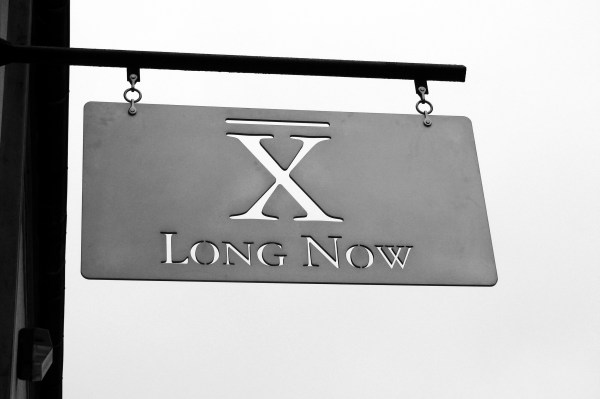Last year we covered Long Access a startup which offers very long-term cloud infrastructure storage for enterprises. We’re talking about prepaid storage and access for 30 years. The company had previously raised €210,000.
It’s now raised a further €300,000 in seed funding from the European Commission-backed Openfund, its existing backer, based in Greece.
Long Access is using that funding to launch a new service: Bigstash.co, a service designed for amateur and professional content creators who want to archive data ranging from a few gigabytes to multiple terabytes.
It’s not alone in looking at this market. Small startups like SixSafe and Holdon.to are entering, as is Sony with its “Archival Disk”.
Panayotis Vryonis, LongAccess CEO, thinks “demand for archival storage from households and professionals will eventually outgrow that of cloud storage designed for frequently accessed data.”
BigStash allows a user to store data which cannot be altered, securing that data and freeing up your local storage. It’s like putting it all in an attic. The main drawback is that archived files have to be requested a few hours in advance.
Syncing services like Dropbox focus on availability and speed. The downside is it is easy to accidentally delete, overwrite or modify files. So the price comparison is good if all you want is an archive, not syncing or easy access.
BigStash plans range from 100GB to more than 5TB and the service is designed to make it hard to accidentally delete or overwrite archived files. BigStash is now offering 5TB free for one year, for all users subscribing while the company is in beta.
Dropbox offers no plans cheaper than $100/yr. BigStash starts from $15/yr for 100GB. Dropbox does not offer plans bigger than 1TB. BigStash offers up to 5TB.
The average cost per GB is low because the company uses cold storage. In addition, files are encrypted on the client side using AES256 encryption and a randomly generated key that is never shared with the service itself.
(Picture courtesy Long Now Foundation which has no relation to “Long Access”, but we liked the picture).
